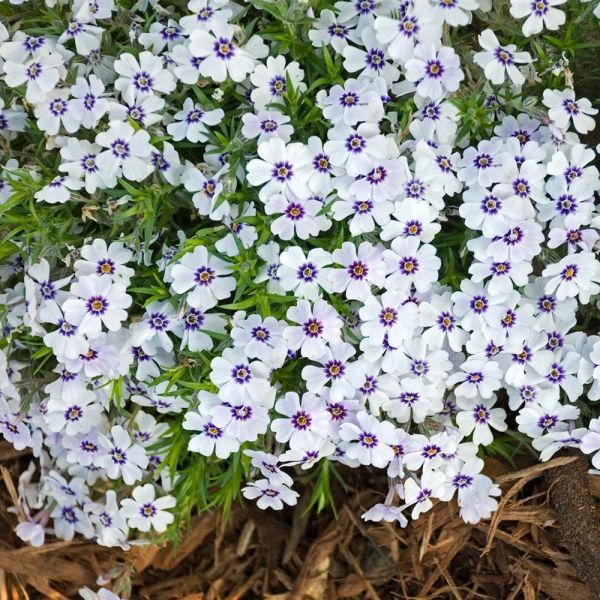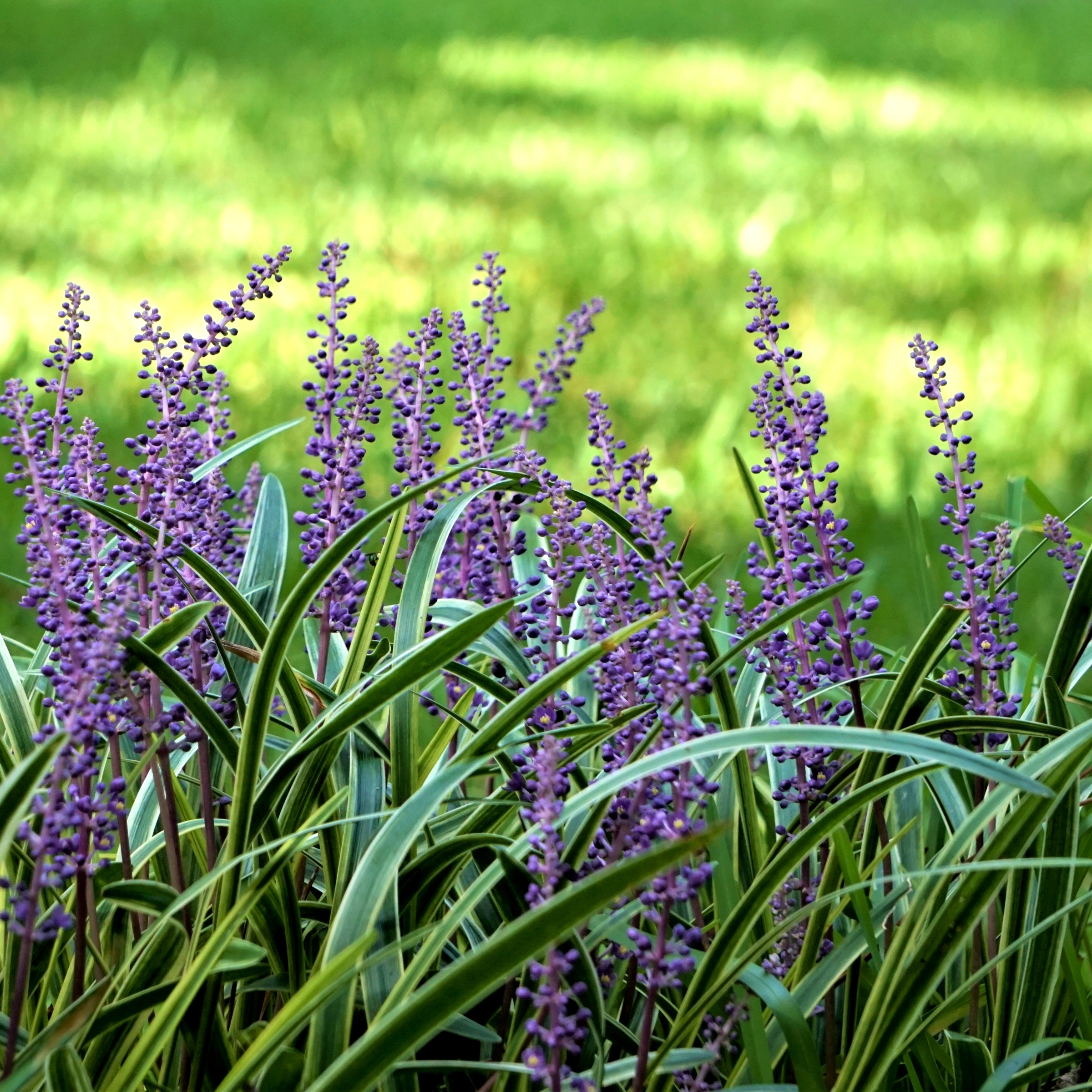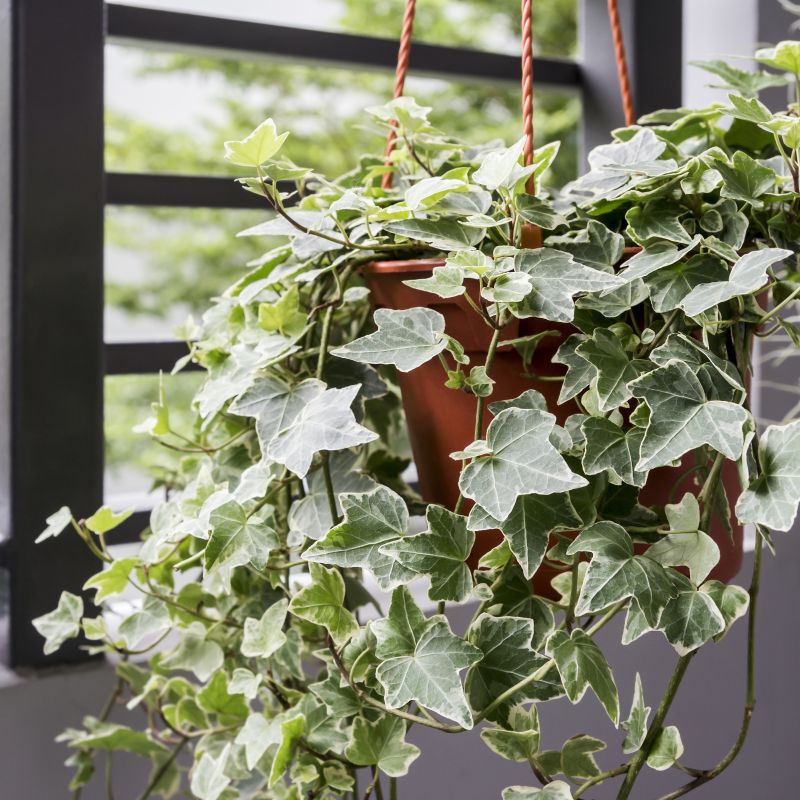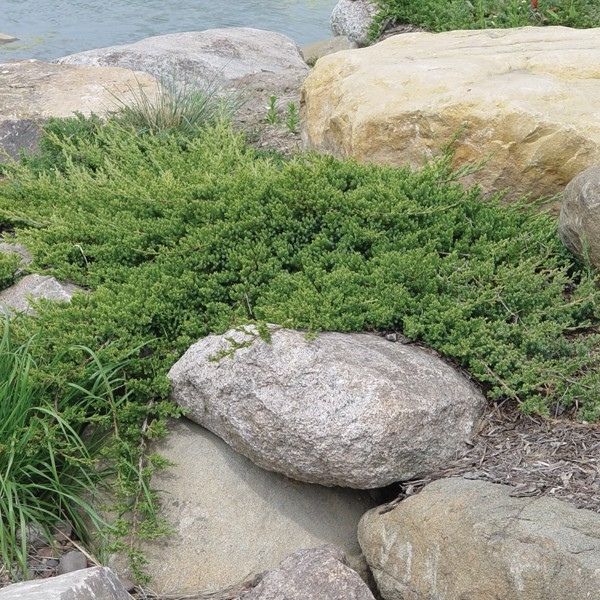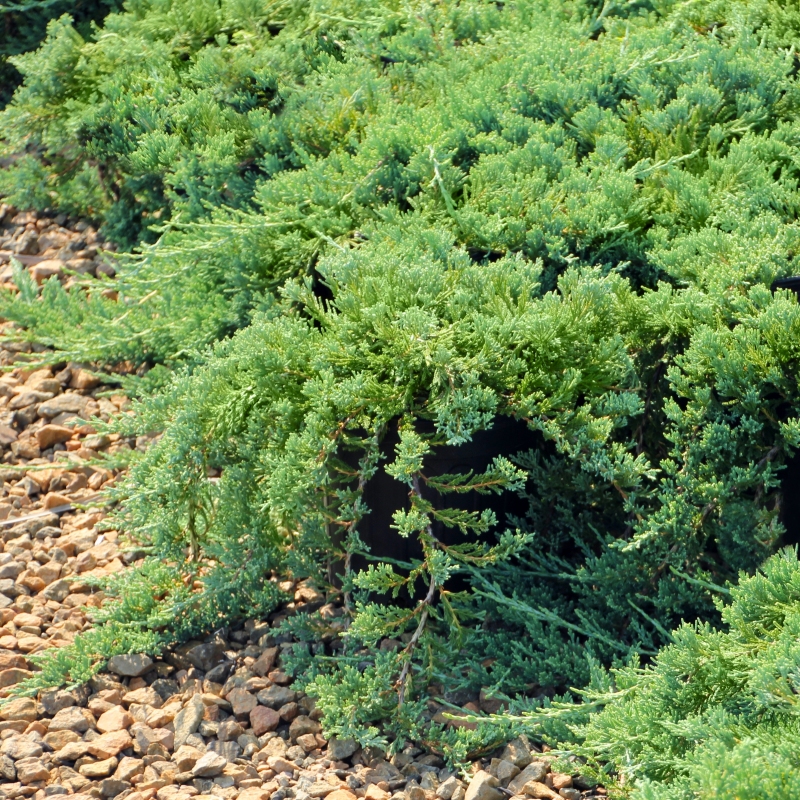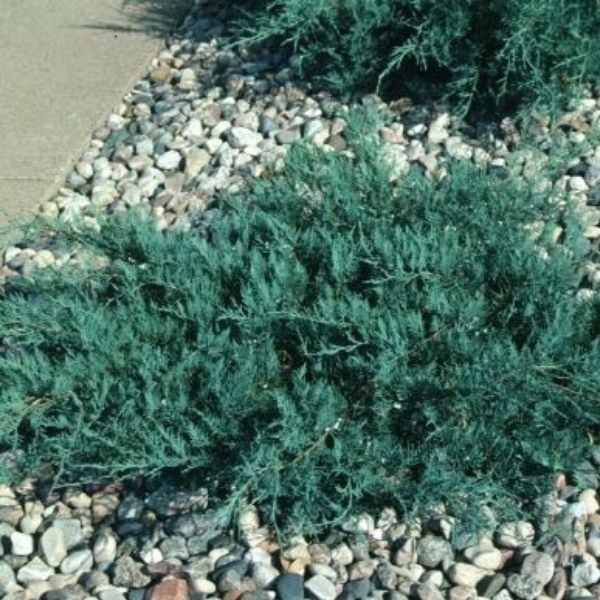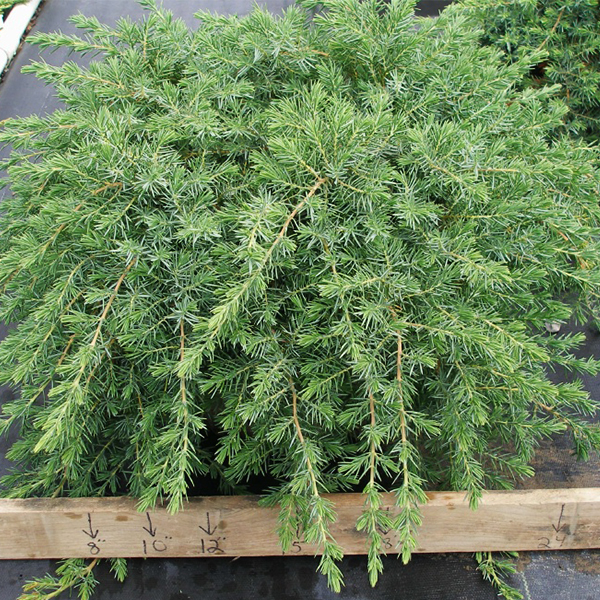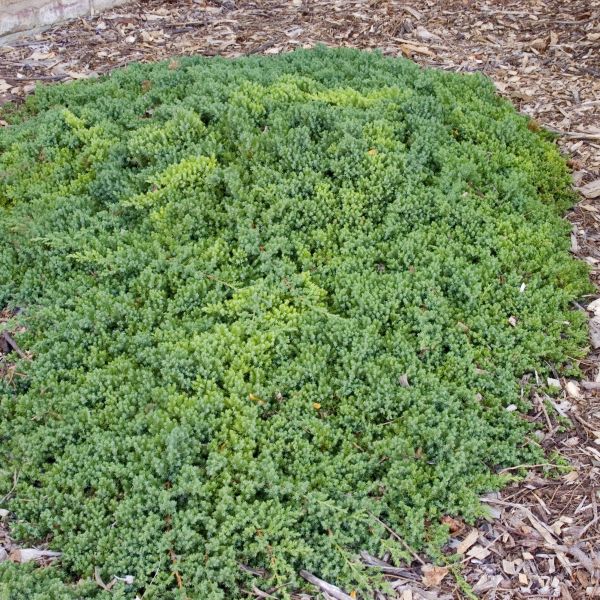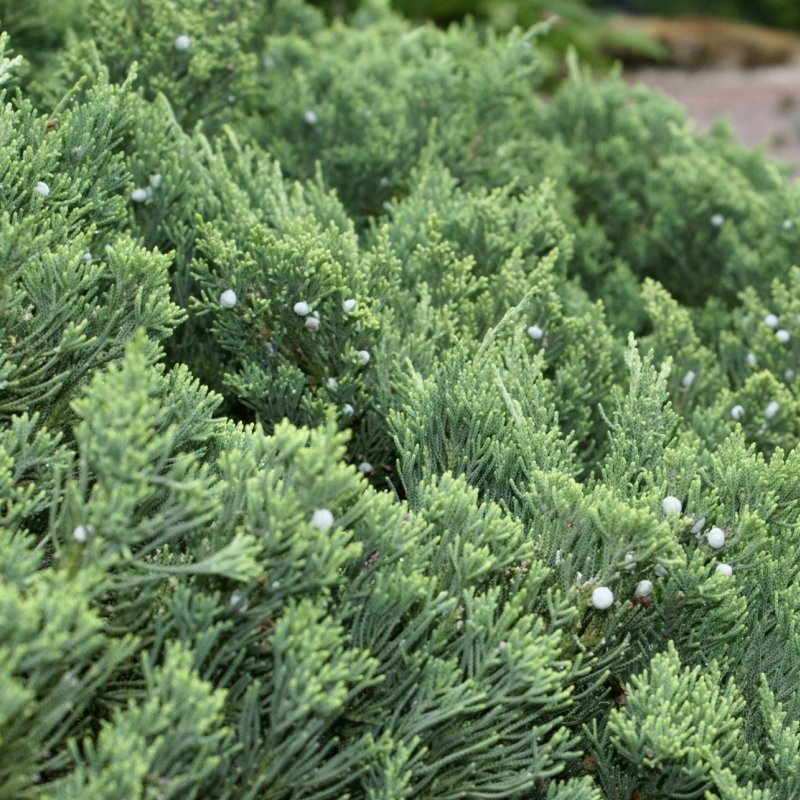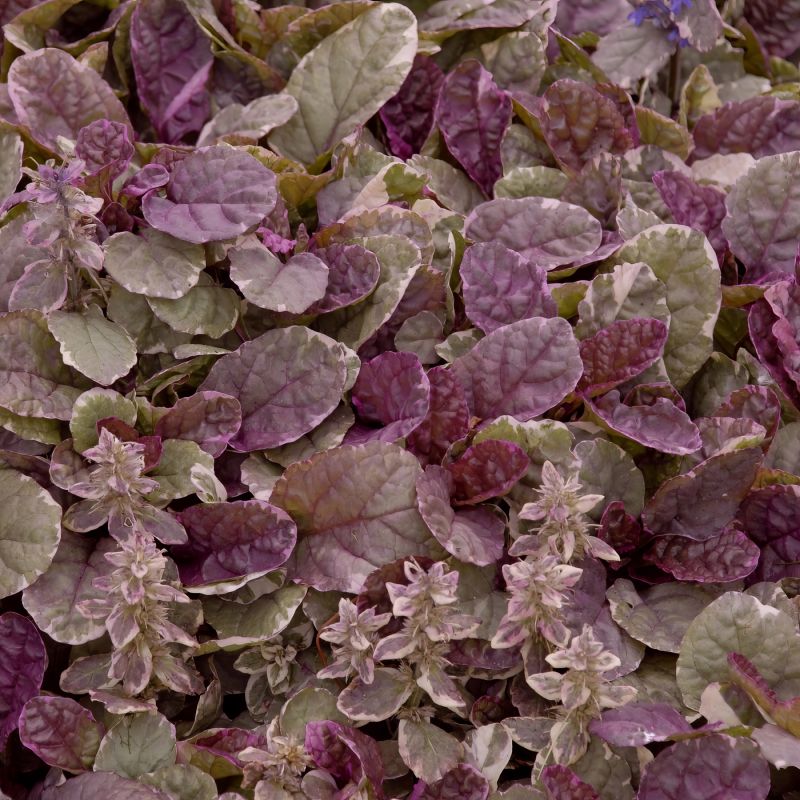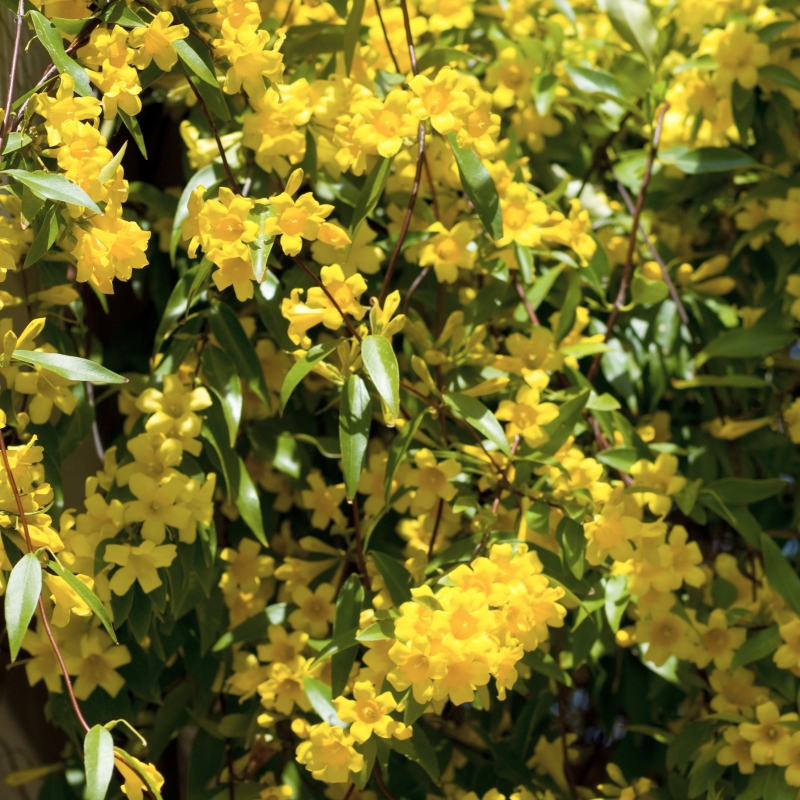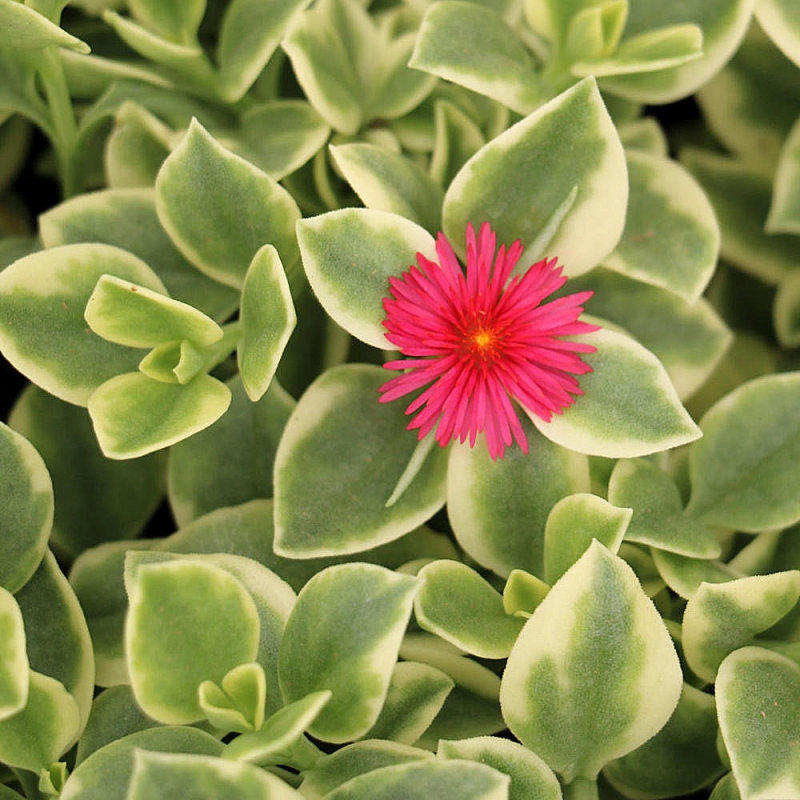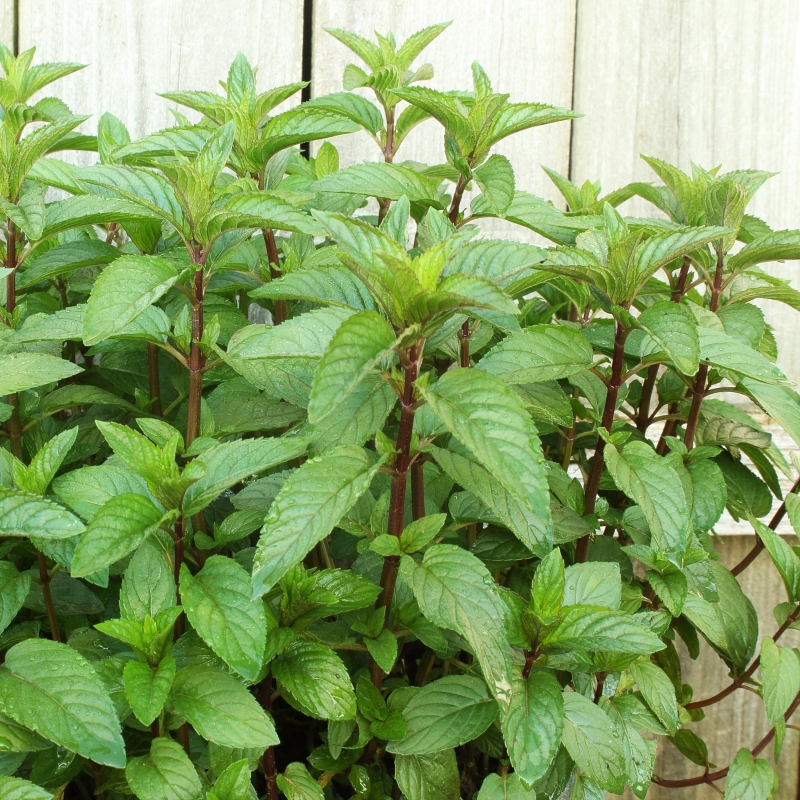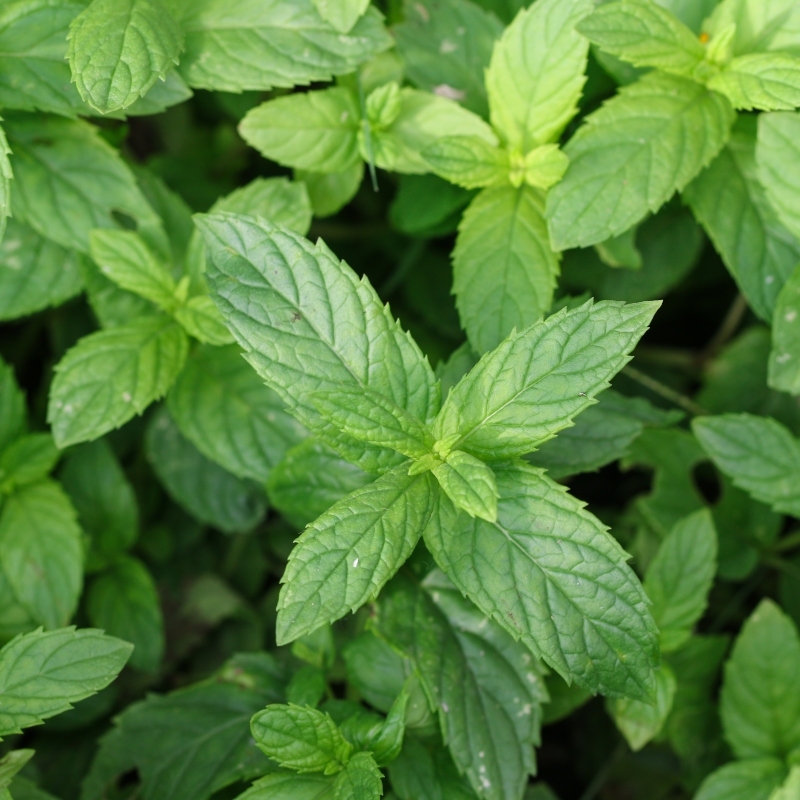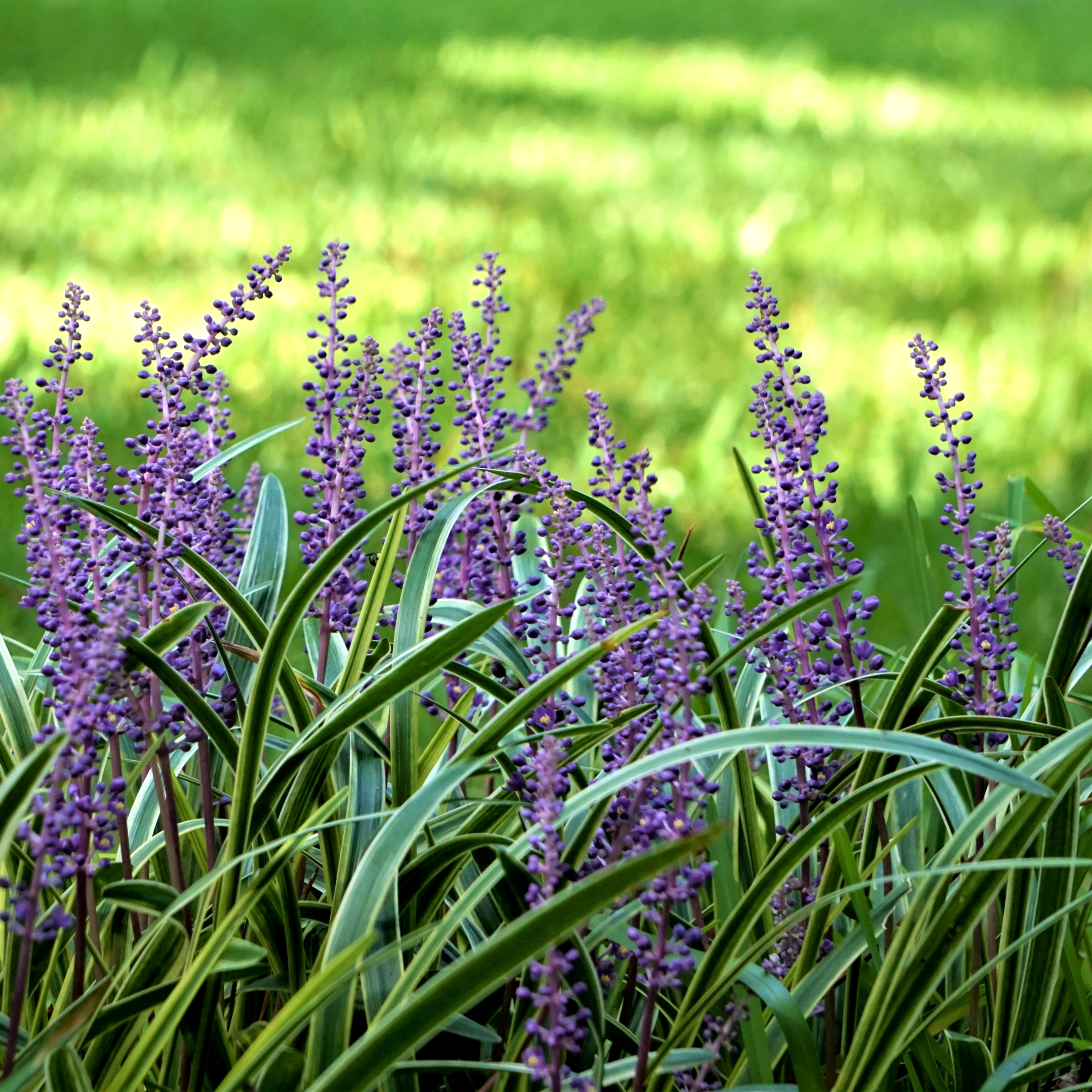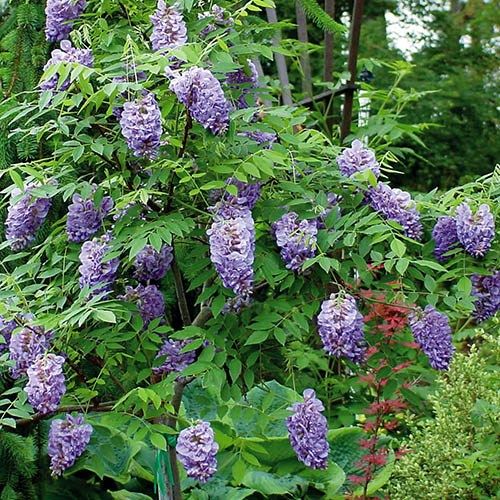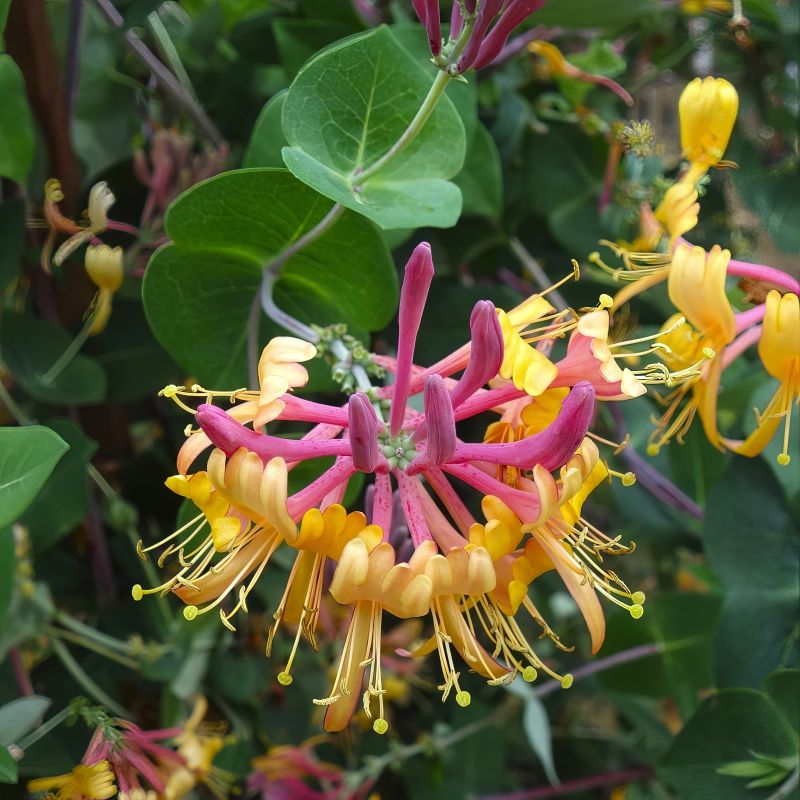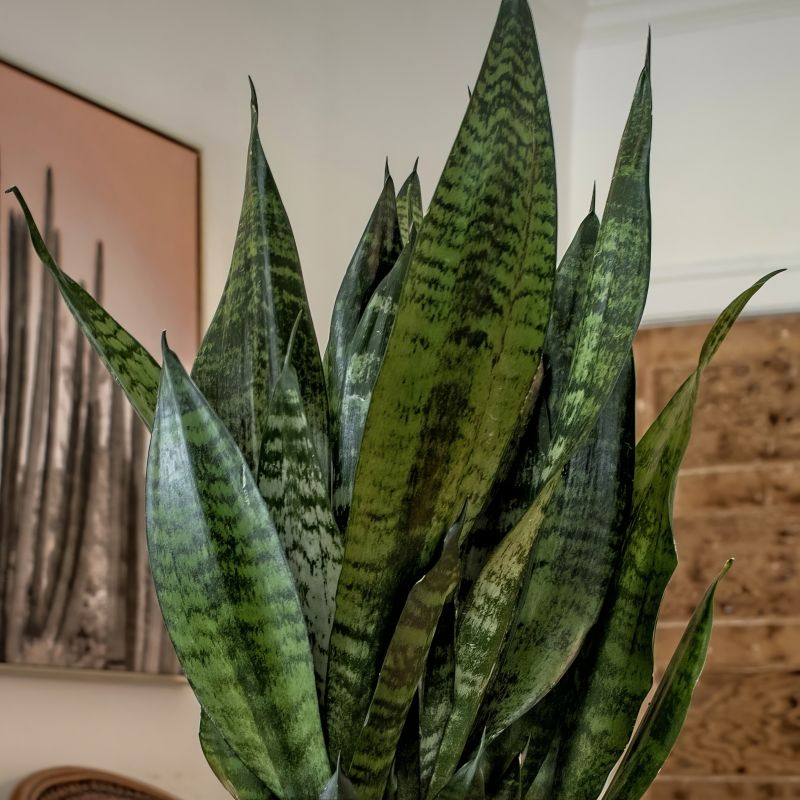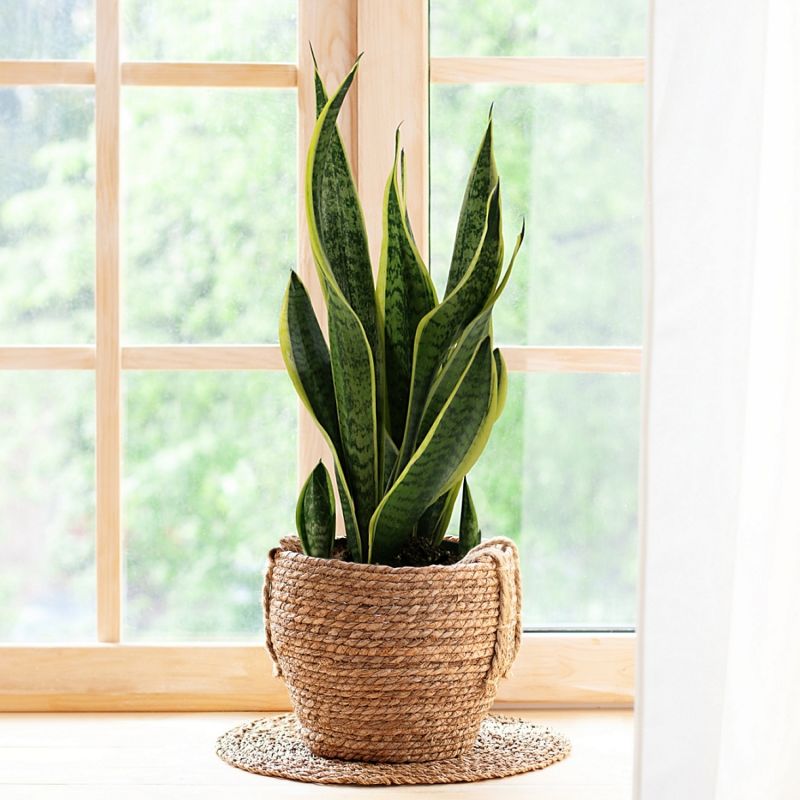

North Hills Creeping Phlox
Phlox subulata 'North Hills'
13 reviews


North Hills Creeping Phlox
Phlox subulata 'North Hills'
13 reviews
- Beautiful spreading ground cover
- Delicate pink flowers in spring
- Tolerant of various soil types
- Ships to 43215 in 7-10 Days
- Free Shipping Over $150
- Plant Arrival Guarantee
- In Stock
- Free Plant Consult
$200
$46.00
$66.00
30% Off
1 Gallon
We are sorry, product is currently out of stock due to seasonal availability. Please check the "Related plants available in your area" section below
Why North Hills Creeping Phlox?
North Hills Creeping Phlox is a low-growing, mat-forming perennial plant that produces masses of small, lavender-blue flowers in early spring to early summer. It is characterized by its ability to spread rapidly and cover a large area of soil, making it an excellent ground cover option. North Hills Creeping Phlox is easy to grow and maintain, drought tolerant and deer resistant. It is commonly used in rock gardens, border edging, and as a mass planting in garden landscapes.
Related plants available in your area
Get ready to elevate your garden with the stunning North Hills Creeping Phlox! This versatile perennial is a showstopper, boasting clusters of vibrant flowers that blanket the ground with a carpet of colors, including shades of pink, purple, blue, and white. Thriving in full sun to partial shade, the North Hills Creeping Phlox is a low-maintenance plant that thrives in well-drained soil and is suitable for USDA hardiness zones 4-9.
The aesthetic appeal of the North Hills Creeping Phlox is unparalleled - its cascading blooms create a mesmerizing display, whether planted as a ground cover, in rock gardens, or along slopes. The dense mat of colorful flowers not only enhances the beauty of your landscape but also attracts butterflies, bees, and hummingbirds, making your garden a vibrant haven of activity.
Maintenance is a breeze with this resilient plant - simply trim back any straggling stems after blooming to encourage fuller growth and enjoy its breathtaking display year after year.
Not only is the North Hills Creeping Phlox a sight to behold, but it is also a resilient and adaptable plant. It can tolerate drought conditions once established and is resistant to deer and rabbits, making it a reliable choice for gardens that face these challenges. Whether you want to create a stunning ground cover, fill in gaps in your flower beds, or add a burst of color to your rock garden, the North Hills Creeping Phlox is the perfect solution. Its versatility and adaptability make it a valuable addition to any landscape design, providing endless possibilities for creative expression and visual delight.
With its captivating beauty and ability to thrive in various growing conditions, the North Hills Creeping Phlox is a must-have for any garden seeking a burst of color and charm. Elevate your landscape with this enchanting perennial and experience the joy it brings to your outdoor space!
Plant Information:
| Botanical Name: | Phlox subulata 'North Hills' |
| USDA Zones: | 2-9 |
| Water: | Low Once Established |
| Exposure: | Full Sun |
| Soil Needs: | Well Drained |
| Mature Height: | 4 - 6 inches |
| Mature Spread: | 12 - 18 inches |
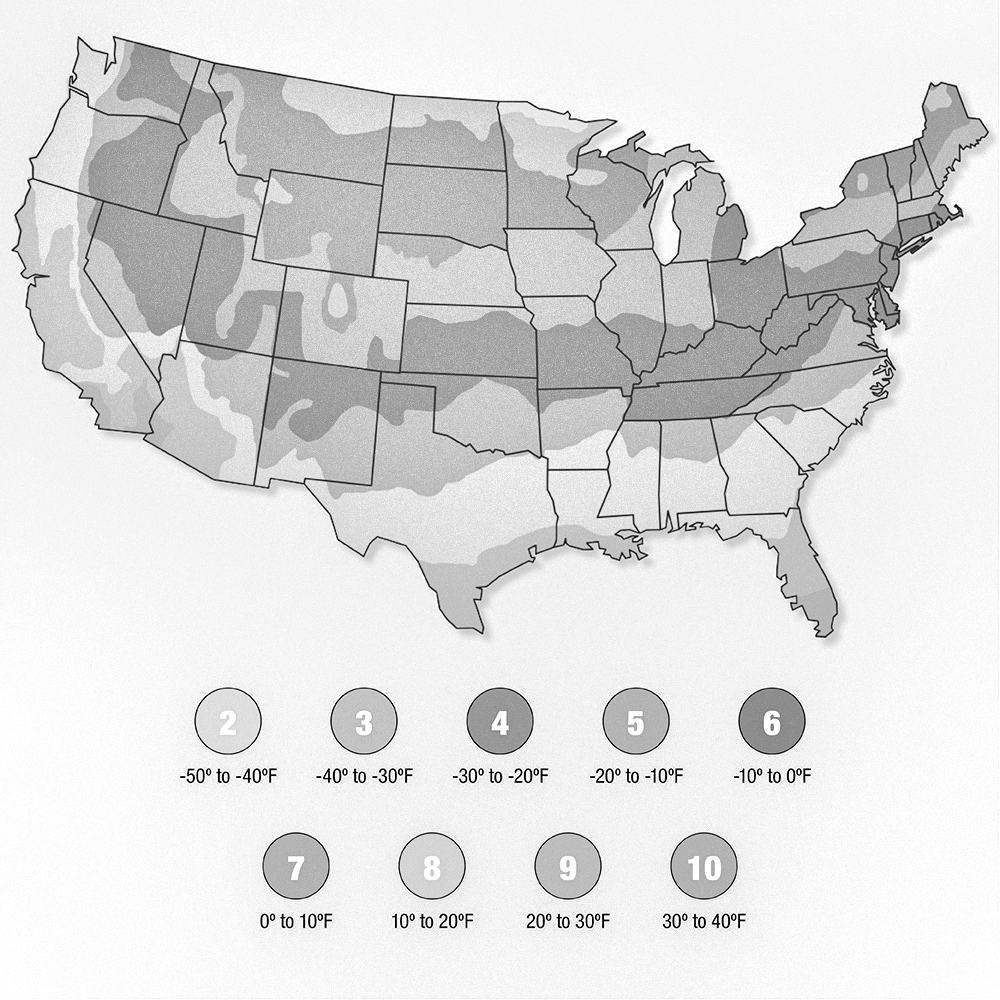




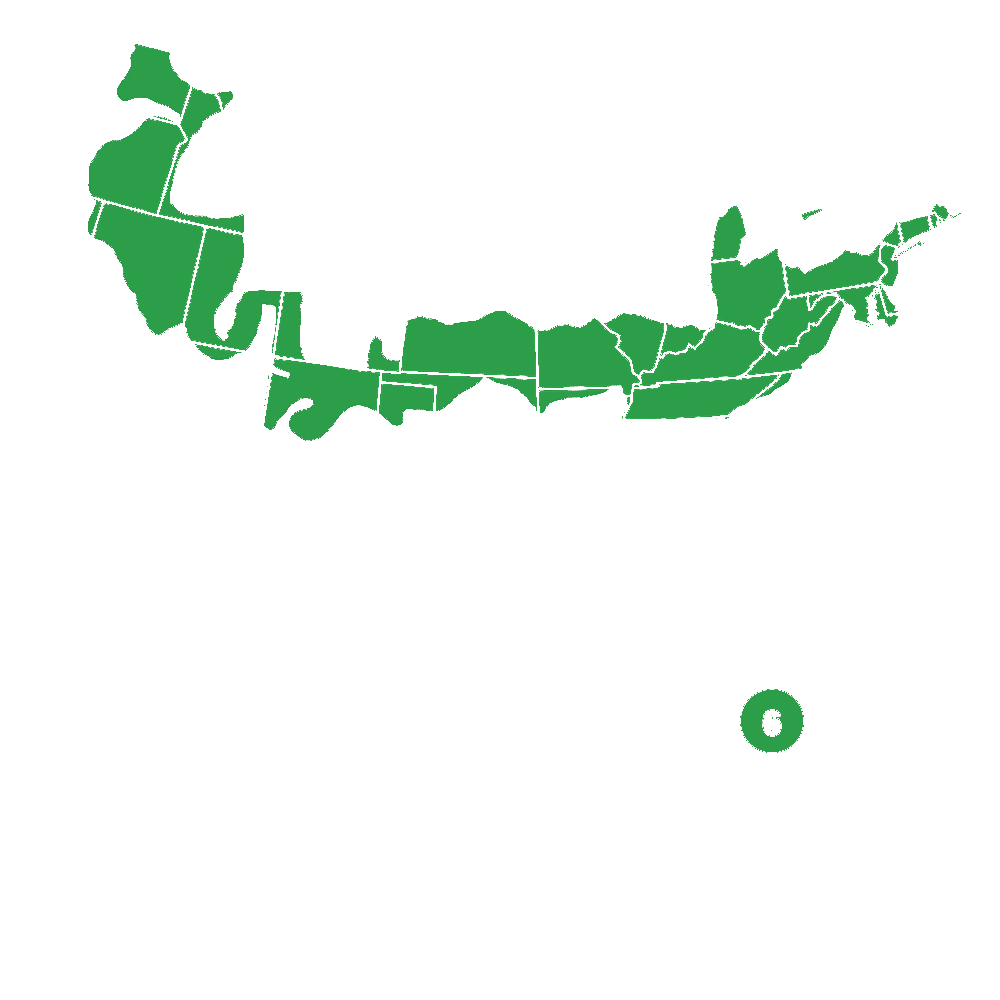

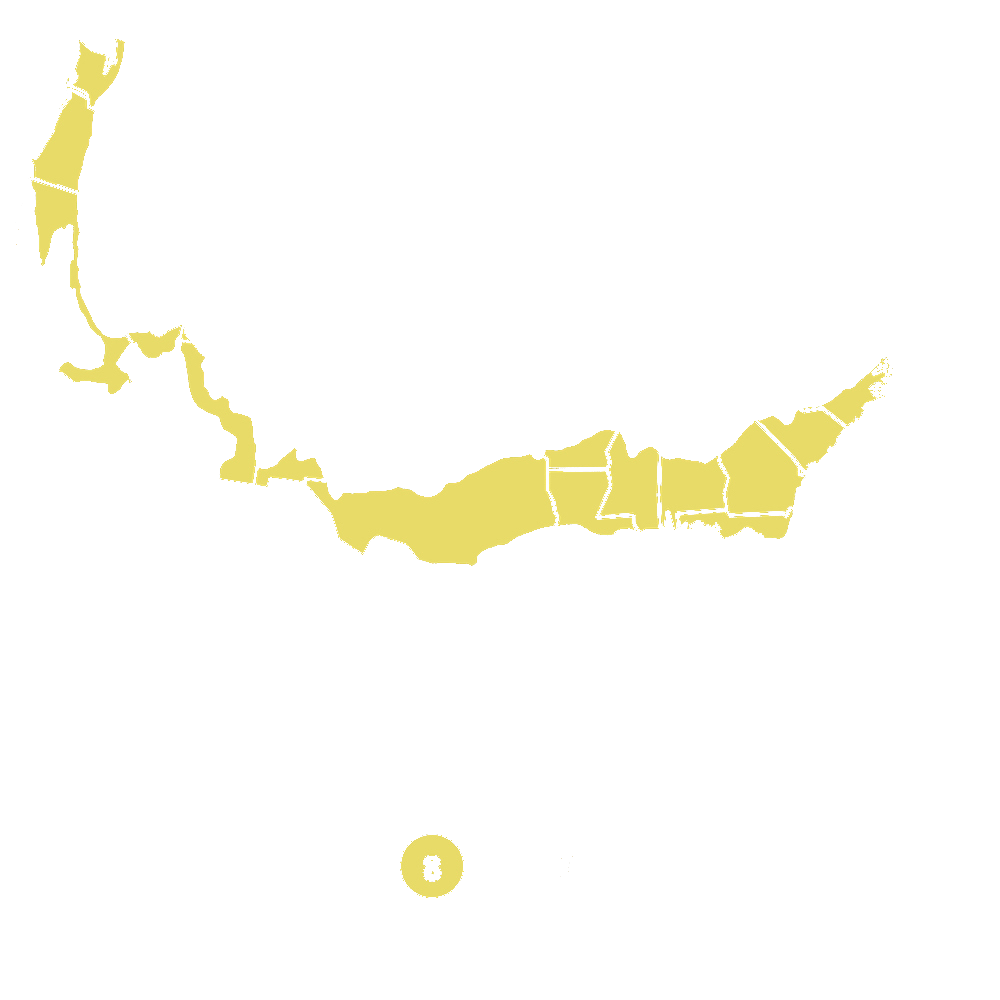

Pollination Info
Pollination Info for North Hills Creeping Phlox
North Hills Creeping Phlox (Phlox subulata 'North Hills') is a lovely perennial plant that produces stunning purple and pink flowers in the spring. It is also an important plant for pollinators as it attracts bees, butterflies, and hummingbirds.
The flowers of North Hills Creeping Phlox are rich in nectar and pollen, making them a valuable food source for pollinators. Bees and butterflies, in particular, are attracted to the bright colors and sweet scent of the flowers and will visit them frequently while they are in bloom.
As pollinators visit the flowers, they transfer pollen from the male parts of one plant to the female parts of another. This fertilizes the flowers and enables the plant to produce seeds. Without pollinators, North Hills Creeping Phlox and many other plants would not be able to reproduce.
To ensure that your North Hills Creeping Phlox is a haven for pollinators, plant it in a sunny location with good drainage. Provide plenty of water during dry periods, and avoid using pesticides and herbicides that can harm pollinators.
By planting North Hills Creeping Phlox and other pollinator-friendly plants, you can help support these essential insects and birds while enjoying the beauty of your garden.
FAQ
FAQ for North Hills Creeping Phlox (Phlox subulata 'North Hills')
What is North Hills Creeping Phlox?
North Hills Creeping Phlox is a perennial ground cover plant which produces a profusion of pinkish-lavender flowers in early spring. It is typically used to cover steep slopes, rock gardens, and borders.
How tall does North Hills Creeping Phlox grow?
North Hills Creeping Phlox grows to be about 6 inches high and can spread up to 2 feet wide.
What is the blooming period for North Hills Creeping Phlox?
North Hills Creeping Phlox typically blooms in early spring, usually in April or May.
What are the growing conditions for North Hills Creeping Phlox?
North Hills Creeping Phlox thrives in well-drained, slightly acidic soil and prefers full sun to partial shade. It is also drought-tolerant once established.
How do I plant North Hills Creeping Phlox?
North Hills Creeping Phlox should be planted in a well-prepared bed or area with good soil drainage. Space plants about 18 inches apart, and water well after planting. Be sure to mulch around plants to help retain moisture and suppress weeds.
Do I need to fertilize North Hills Creeping Phlox?
North Hills Creeping Phlox does not require heavy fertilizer, but a light application of a balanced fertilizer in the spring can help promote healthy growth and blooming.
How do I care for North Hills Creeping Phlox?
North Hills Creeping Phlox is fairly low-maintenance, but it should be pruned back after blooming to prevent leggy growth and to encourage a bushier habit. It can also benefit from a light layer of mulch to retain moisture.
Is North Hills Creeping Phlox deer-resistant?
North Hills Creeping Phlox is relatively deer-resistant but may still be susceptible to damage if deer populations are extremely high or if there is a shortage of food sources.
Can I propagate North Hills Creeping Phlox?
Yes, North Hills Creeping Phlox can be propagated by dividing established clumps in the spring or fall or by taking softwood cuttings in early summer.
Planting & Care
Planting & Care for North Hills Creeping Phlox (Phlox subulata 'North Hills')
Planting
- Choose a location with well-drained soil and full sun
- Dig a hole that is twice as wide and as deep as the plant's root ball
- Mix in compost or other organic matter to enrich the soil
- Plant the North Hills Creeping Phlox at the same depth it was in its container
- Space plants about 6-12 inches apart
Care
- Water regularly, especially during the plant's first growing season
- Apply a balanced fertilizer in the spring and fall
- Prune after blooming to encourage bushier growth
- Remove dead or damaged foliage throughout the growing season
- Divide every two to three years to prevent overcrowding and maintain vigorous growth
Check Out These Verified Customer Reviews:
Customer Reviews
4.8 out of 5 based on 13 reviews
Thank you! Your review has been submitted.
The quality of the North Hills Creeping Phlox is top-notch. It adds a beautiful pop of color to my yard.
Overall, a fantastic experience ordering from North Hills. Will definitely be a repeat customer.
The colors of the phlox are vibrant and it has quickly become the focal point of my garden.
Item has been added to your cart.



